Creating the World’s Largest Marine Reserve
Australia has made history by declaring that they will create the world’s largest network of marine parks.
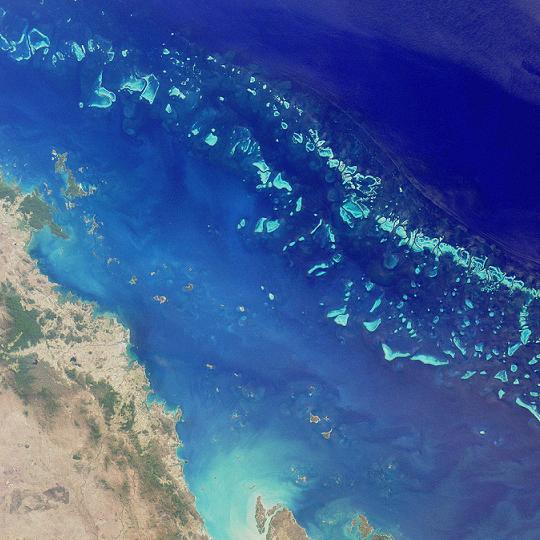 Image: By NASA, by MISR (originally uploaded to en by User:Seth Ilys) [Public domain], via Wikimedia Commons
Image: By NASA, by MISR (originally uploaded to en by User:Seth Ilys) [Public domain], via Wikimedia Commons In 1992, the United Nations Conference on Environment and Development (UNCED) held in Rio de Janeiro, also known as the Rio Earth Summit, was a ground-breaking conference that made history by declaring the environment to be a global priority. Twenty years on, ahead of the anniversary conference the Rio+20 Summit in which leaders from over 130 countries will gather to discuss environmental protection of oceans (and other ecosystems), Australia has made history by declaring that they will create the world’s largest network of marine parks.
After years of planning and consultation, the final plan will increase the number of marine reserves off the Australian coast from 27 to 60. The entire reserve will cover over 3 million square kilometres (covering more than one third of Australia’s waters) and will expand protection for species such as the green turtle, blue whale, dugong as well as critically endangered populations of grey nurse sharks. In the protected areas, harmful activities such as oil and gas exploration and fishing will be restricted to protect important breeding and feeding grounds.
This, however, has not completely satisfied environmental protection groups. They called for a complete ban on fishing in the Coral Sea, home to sharks and tuna, and the Great Barrier Reef. They also note that oil and gas exploration will continue very close to some protected areas, especially off the west coast, where some oil companies have recently won permits.
Conversely, fishermen believe the restrictions to be too severe. Even though Aus$100 million in compensation will be available to the fishing industry, they claim that coastal communities will be ruined, thousands of jobs will be lost and the aquaculture industry will be seriously impacted. Sadly, the conservative opposition agrees, and have vowed to review the boundaries if they win the government elections next year, a likely outcome indicated by opinion polls.
In the meantime though, after a final consultation period of 60 days, the new reserve network is expected to be officially declared before the end of the year, and the single largest area that any country has ever protected, on land or sea, at any one moment will finally be in existence.

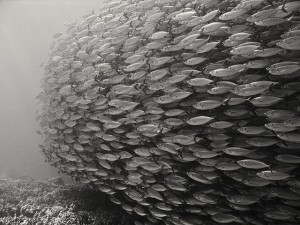
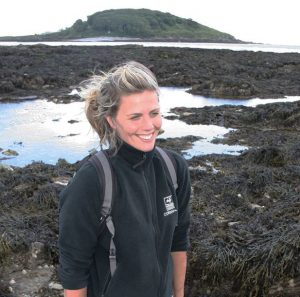
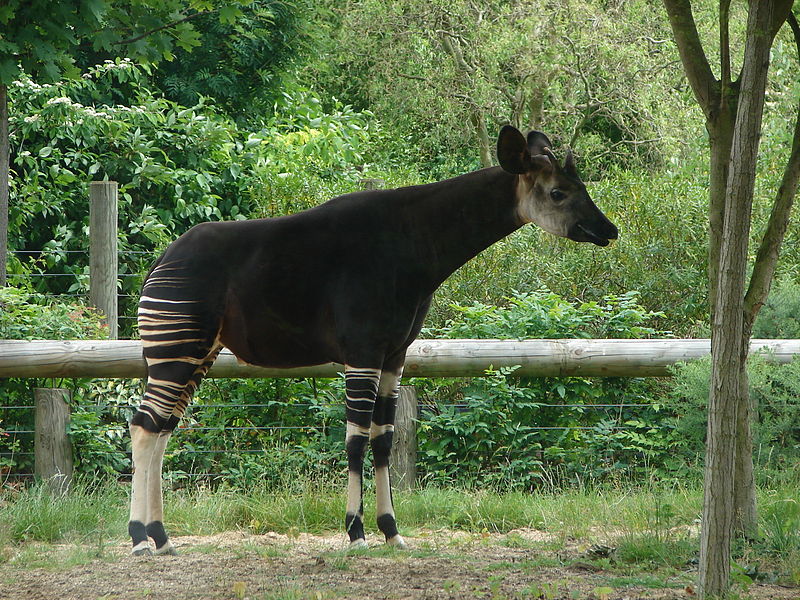
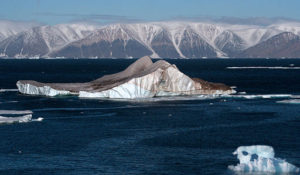
No comments yet.